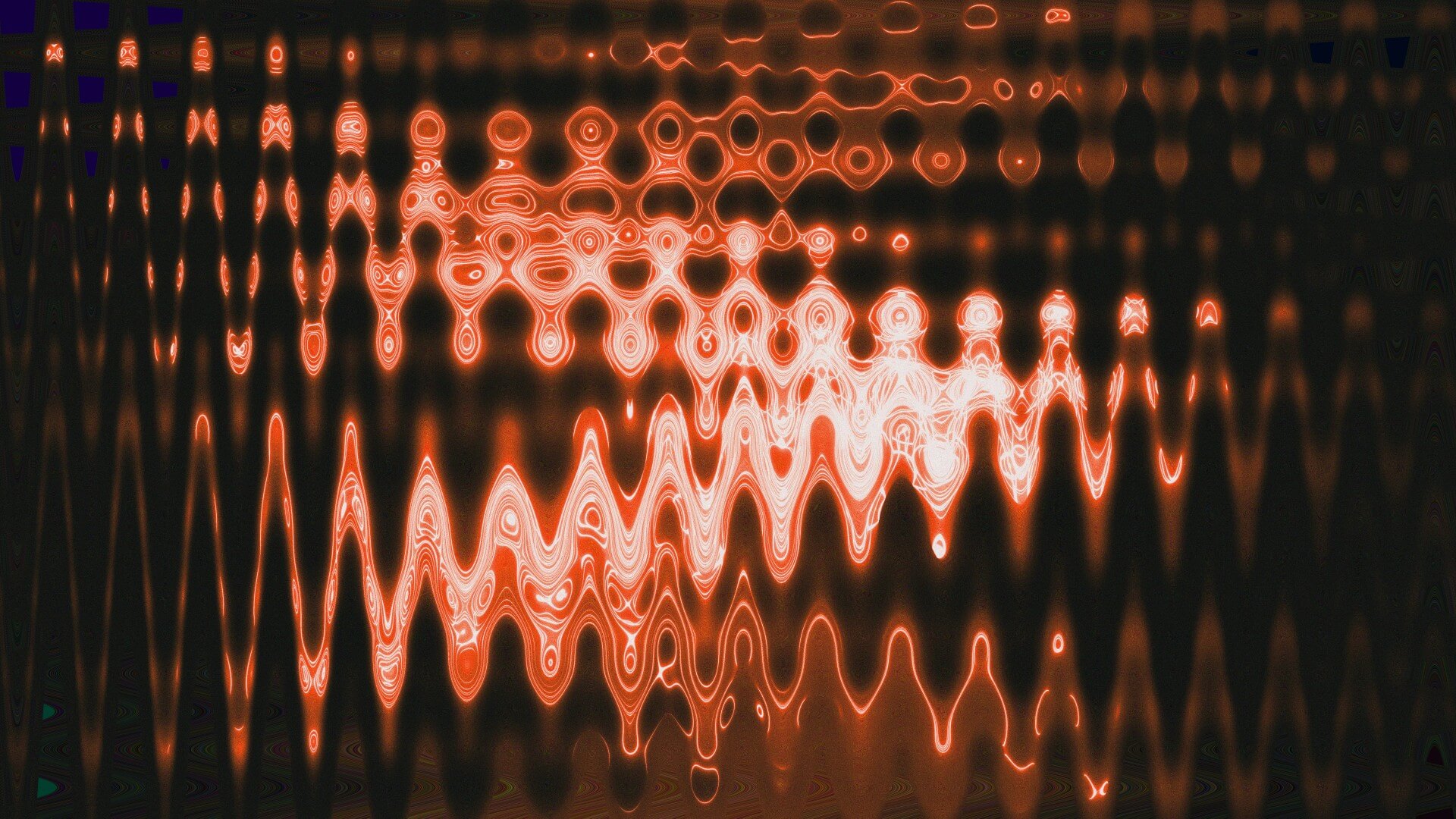AI Compute Demands Drive New Vendor Partnerships

Harry Wilson
Data centres are power-intensive in terms of both the power to run servers and the power to run cooling equipment to prevent overheating. As the world increasingly adopts AI and the demand for cloud storage consequently increases, it is crucial that data centres of the future – and data centres of today that are undergoing capacity upgrades – are designed to be as energy-efficient as possible.
A potential route to ensuring energy-efficient facilities is the adoption of standardized ‘reference designs’ that provide efficient and scalable off-the-shelf packaged designs to designers and specifiers, reducing design and deployment times as variables such as architectural layout and equipment selections are predefined. These designs have proved popular amongst large, hyperscale providers such as Equinix, Google and Microsoft – which have developed their own internal designs for standardization cross-portfolio – as well as with firms seeking modular on-premise compute capacity for edge workloads. Vendors providing modular, packaged designs include Nautilus, with its newly released EcoCore product line offering up to 2.5MW in capacity with chilled water cooling, and Vertiv, which offers both direct expansion and chiller water cooling at varying IT capacities. It is important to recognize that reference designs and modular data centres do require some deployment adjustments depending upon the installation space and existing infrastructure – and as such do not replace the role of design consultants entirely.
Schneider Electric announced in March 2024 that it is partnering with NVIDIA, a global AI computing solution provider, to provide new reference designs consisting of equipment that can power and cool high-compute IT equipment required for AI processes. Of late, NVIDIA has solidified its position as the go-to manufacturer of processors suitable for complex AI workloads, and this latest announcement shows the firm is looking to increase its appeal and ease of adoption for technology buyers. The reference designs – created in collaboration between the two vendors – feature layout guidance for optimal rack arrangement and cooling system specifications with equipment pre-selected for the liquid cooling technologies mandated by dense AI clusters. These designs are suitable for new data centre construction, as well as for existing facilities that are planning to integrate AI capabilities into their data infrastructure.
The collaboration goes further, with the announcement that Schneider Electric’s AVEVA subsidiary – which specializes in industrial software – will connect its digital twin platform to NVIDIA Omniverse. This will allow AVEVA-created models to utilize NVIDIA’s Universal Scene Description and RTX rendering technologies, speeding up model creation time and reducing costs. Both firms have announced that further collaboration is imminent in the coming years as demand for advanced AI technologies and the supporting physical hardware increases, increasing the likelihood of similar announcements from other vendors in this space.
Verdantix is releasing a dedicated report titled ‘Future of Data Centres’ in the coming months; for access when it is released, please get in contact at [email protected], or if you are a qualifying corporate practitioner be sure to sign up for free access through our Vantage platform.
For further data centre insights, check out our previously published blogs.
About The Author

Harry Wilson
Senior Analyst





